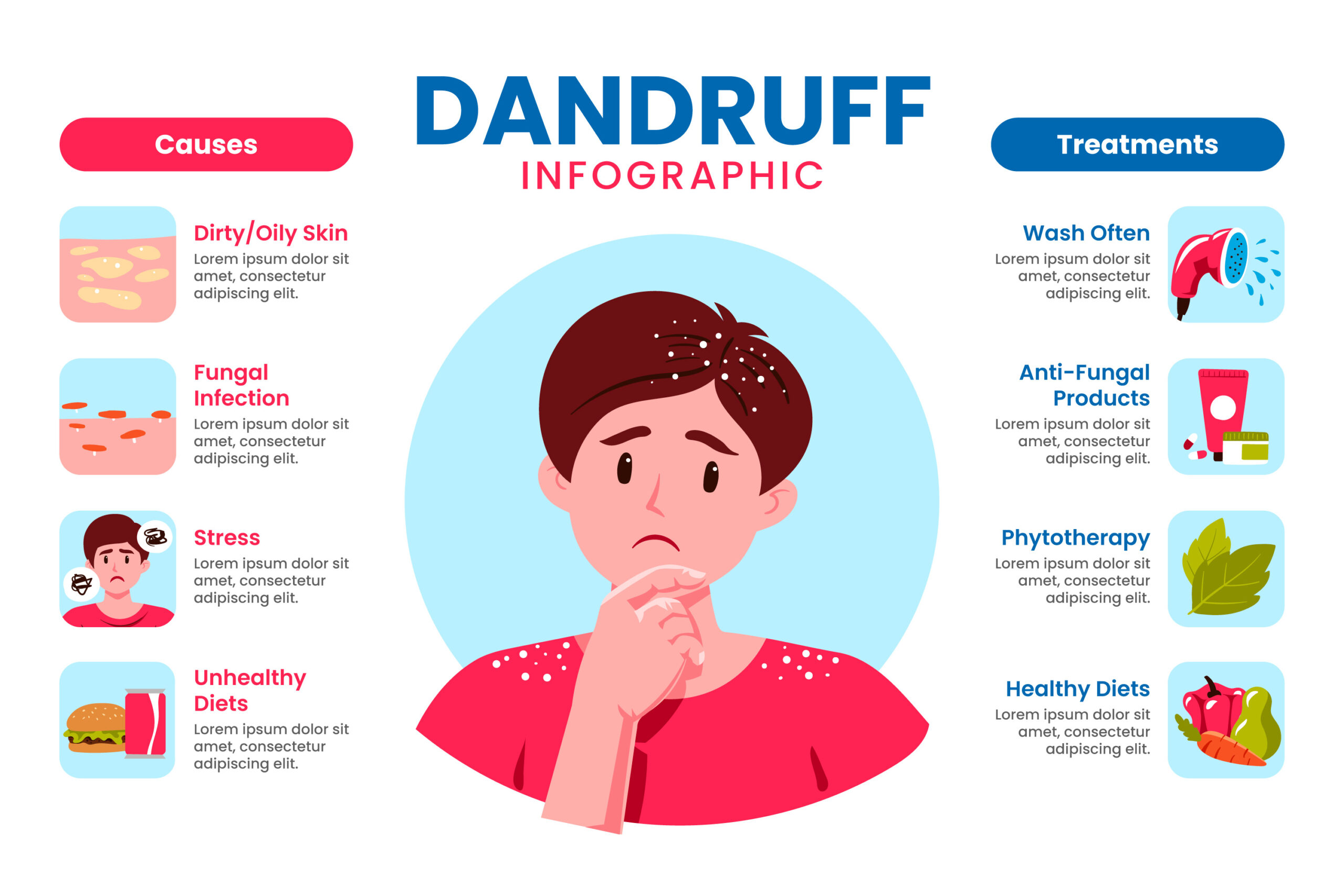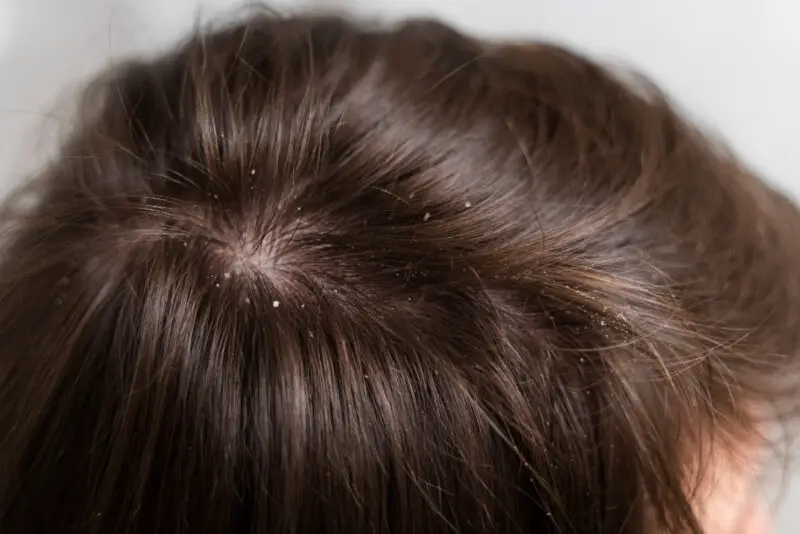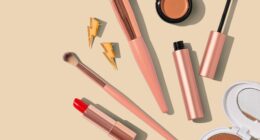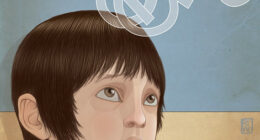Dry scalp is due to lack of moisture, causing itching and flaking. Dandruff is a scalp condition caused by an overgrowth of yeast, resulting in larger, oily flakes.
TL;DR Dry scalp Vs. Dandruff
Dry scalp is primarily caused by a lack of moisture in the skin. It may be accompanied by symptoms such as tightness, itching, and small white flakes.
Dandruff, is linked to an overgrowth of yeast on the scalp known as Malassezia. This results in larger yellow or white flakes along with persistent itching.
What is dry scalp?
Dry scalp is a common condition characterized by a lack of moisture in the skin on your head. It can manifest as itchiness, flaking, and even small white flakes falling from your hair.
Unlike dandruff, which we’ll discuss later on, dry scalp is not caused by an overgrowth of yeast or other fungal infections.
What is dandruff?

Dandruff is a common scalp condition characterized by the excessive shedding of skin cells from the scalp. It is often caused by the overgrowth of yeast on the scalp, leading to itching and the appearance of white or yellowish flakes in the hair and on clothing.
Dry scalp Vs. Dandruff – Key differences
| Aspect | Dry Scalp | Dandruff |
|---|---|---|
| Cause | Lack of moisture in the scalp. | Overgrowth of yeast (Malassezia). |
| Flaking | Small, dry, white flakes. | Larger, oily, yellow/white flakes. |
| Itching | Mild itching due to dryness. | Intense itching, often persistent. |
| Scalp Appearance | Scalp can appear dry and tight. | Scalp might appear red and oily. |
| Scalp Sensation | Sensation of tightness, discomfort. | Sensation of itchiness, irritation. |
| Severity | Generally milder and less severe. | Can be more persistent and noticeable. |
| Treatment Approach | Use of moisturizing products. | Antifungal shampoos, medicated treatments. |
The causes of dry scalp and how to treat it
Causes of Dry Scalp
- Weather: Cold, dry air can strip the scalp of its natural oils, leading to dryness.
- Hot Water: Frequent hot water showers can strip away natural oils from the scalp.
- Harsh Products: Certain shampoos, conditioners, or hair products can be too drying.
- Overwashing: Washing hair too often can strip away the scalp’s natural oils.
- Dehydration: Not drinking enough water can affect skin and scalp hydration.
Treatment for Dry Scalp
- Moisturizing Shampoo: Use a gentle, moisturizing shampoo that doesn’t contain harsh chemicals.
- Avoid Hot Water: Use lukewarm water for washing hair to prevent further drying.
- Reduce Washing Frequency: Wash hair less frequently to allow natural oils to build up.
- Conditioning: Use a hydrating conditioner after shampooing to lock in moisture.
- Scalp Massage: Gently massage your scalp to stimulate oil production.
The causes of dandruff and how to treat it
Causes of Dandruff
- Yeast Overgrowth: The yeast Malassezia can overgrow on the scalp, leading to irritation and flaking.
- Oily Scalp: Excess sebum production can create an environment conducive to yeast growth.
- Dry Skin: Dry skin can also lead to flaking and dandruff.
- Sensitive Skin: Individuals with sensitive skin may be more prone to dandruff.
- Improper Hygiene: Infrequent shampooing can lead to buildup of oils and dead skin cells.
Treatment for Dandruff
- Medicated Shampoos: Use shampoos containing active ingredients like pyrithione zinc, ketoconazole, selenium sulfide, or coal tar to control yeast growth.
- Regular Washing: Wash your hair regularly to prevent the buildup of oils and dead skin cells.
- Scalp Massage: Gently massage your scalp to help loosen flakes and improve blood circulation.
- Anti-Fungal Agents: Topical treatments with antifungal properties can help control yeast overgrowth.
- Balanced Diet: Consume a diet rich in vitamins and minerals to promote scalp health.
Image Credits
Featured Image By – Freepik
Image 1 By – Freepik








